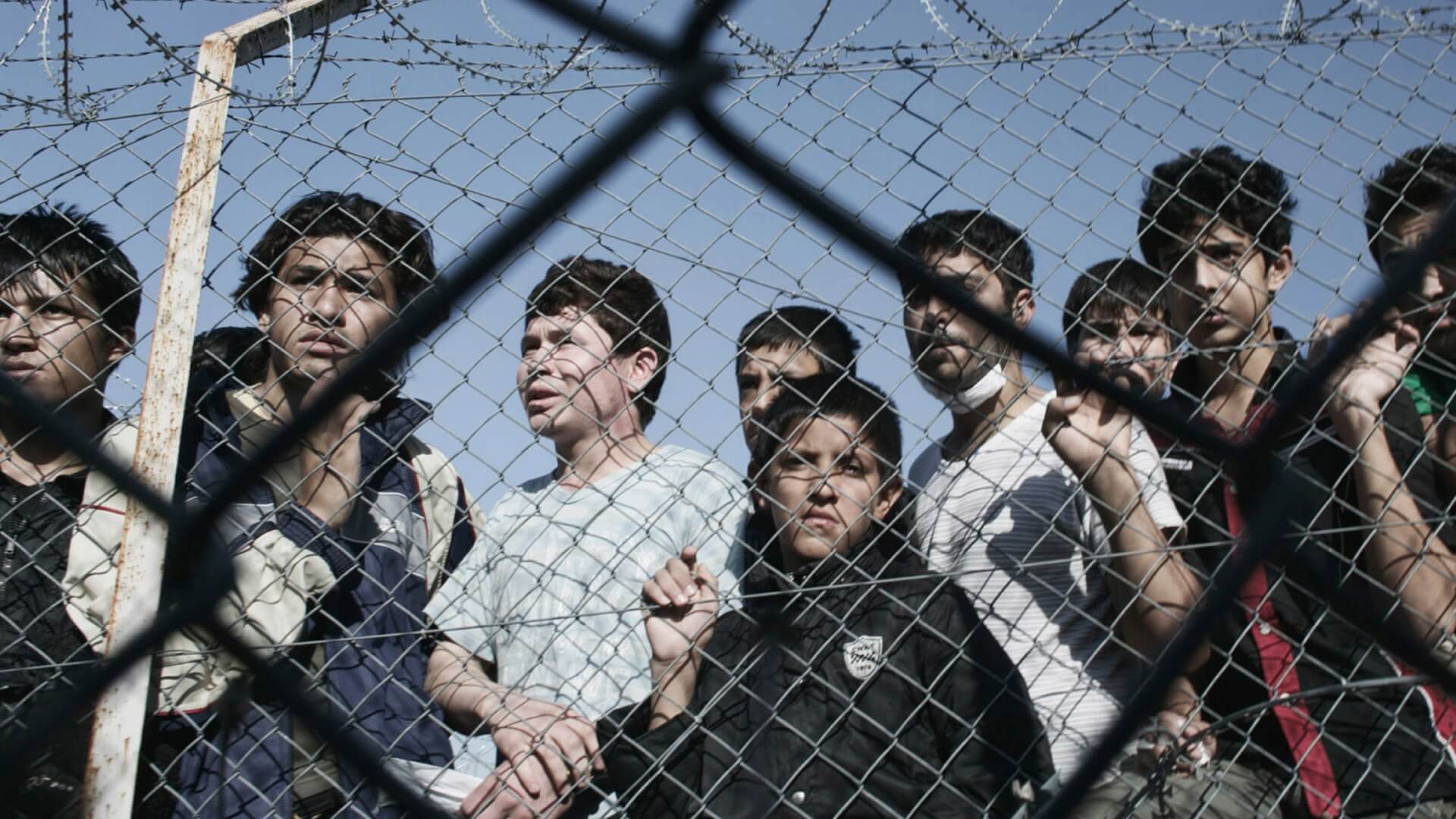Tensions between Greece and Turkey continue to rise as the migrant crisis in the region worsens. Currently, Turkey hosts 3.6 million Syrian refugees and anticipates the arrival of more as the conflict continues. Turkey previously raised concerns about Greece’s treatment of migrants and repeatedly called on Greece to let migrants into its territory to reach richer western European countries. Recently, Greece suspended asylum applications for a month and prevented 42,000 migrants from illegally entering the EU.
Turkish President Recep Tayyip Erdogan expressed his concern over the video depicting Greek authorities opening firing on migrants at the border. In the Turkish Parliament, after showing the video to his AK Party, he said, “[t]here is no difference between those images on the Greek border and what the Nazis did.” Further, he said, “[o]pening fire on innocent people, exposing them to all kinds of inhuman treatment... (it) is barbarism in the full sense of the word.”
In 2016, the EU and Turkey signed a deal, wherein Turkey agreed to keep migrants within its territory in exchange for EU aid. On February 28, Erdogan expressed his intention to forgo the 2016 deal with Brussels and no longer host migrants in Turkey as EU had not held up its side of the deal. Turkey claims that it has received only half of the € 6 billion promised by the EU.
Greek authorities accused Erdogan of weaponising the migrant crisis to further his political agenda. They rubbished his claims against Greek security forces. Greece also issued a stern rebuke of the New York Times report that alleges that Greece is detaining illegal immigrants in a secret “black site”, where they are denied access to lawyers.
Greece faces the brunt of the current migrant influx into the EU, with tens of thousands migrants arriving at its borders following the collapse of the EU's 2016 deal with Turkey. Greece has highlighted the importance of its geographical position in protecting the EU border. EU Commission President, Ursual von der Leyen, described Greece as EU’s aspida, or shield.
Image Source: Al Jazeera
Erdogan Compares Greek Treatment of Migrants to Nazi Atrocities
March 12, 2020

